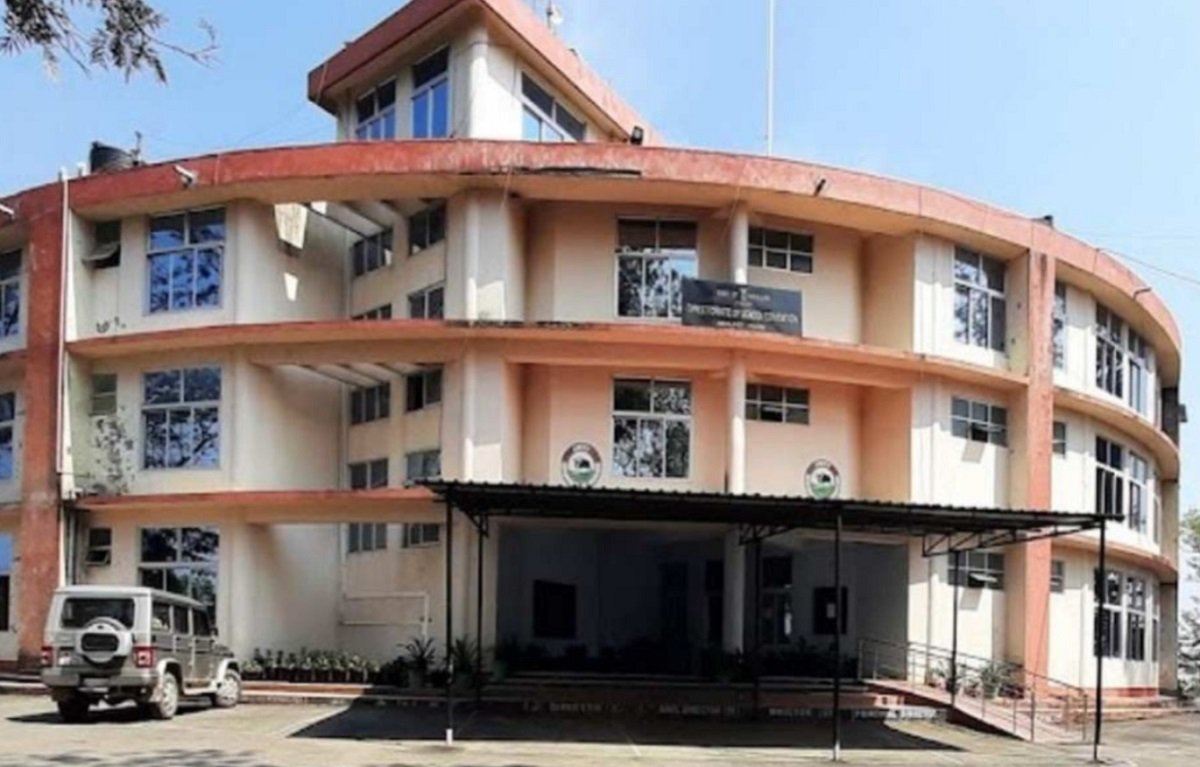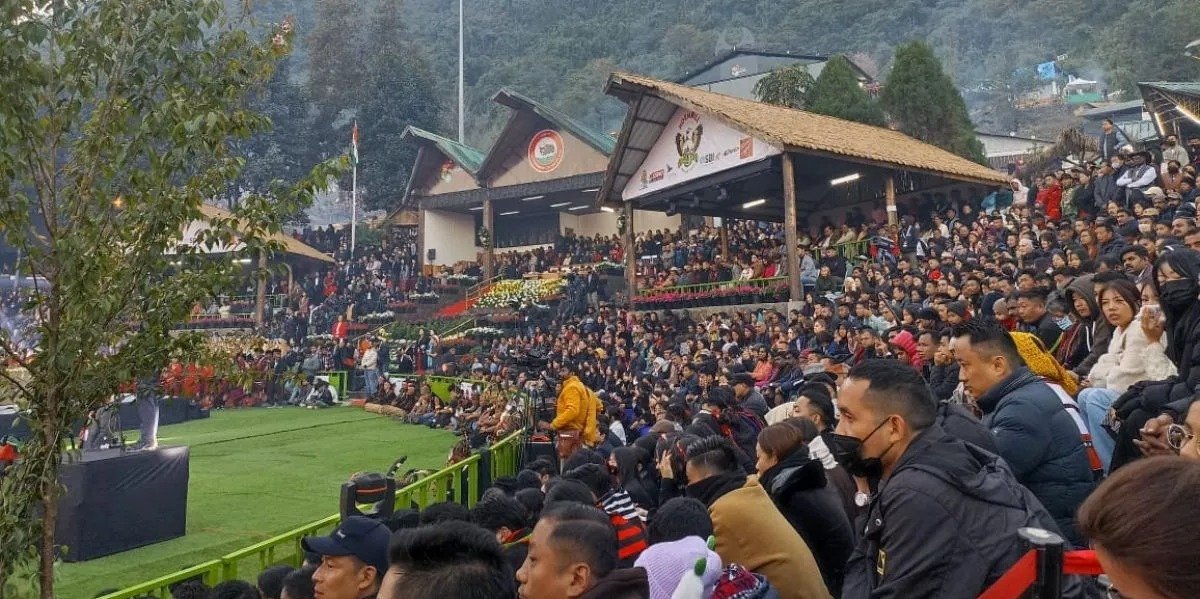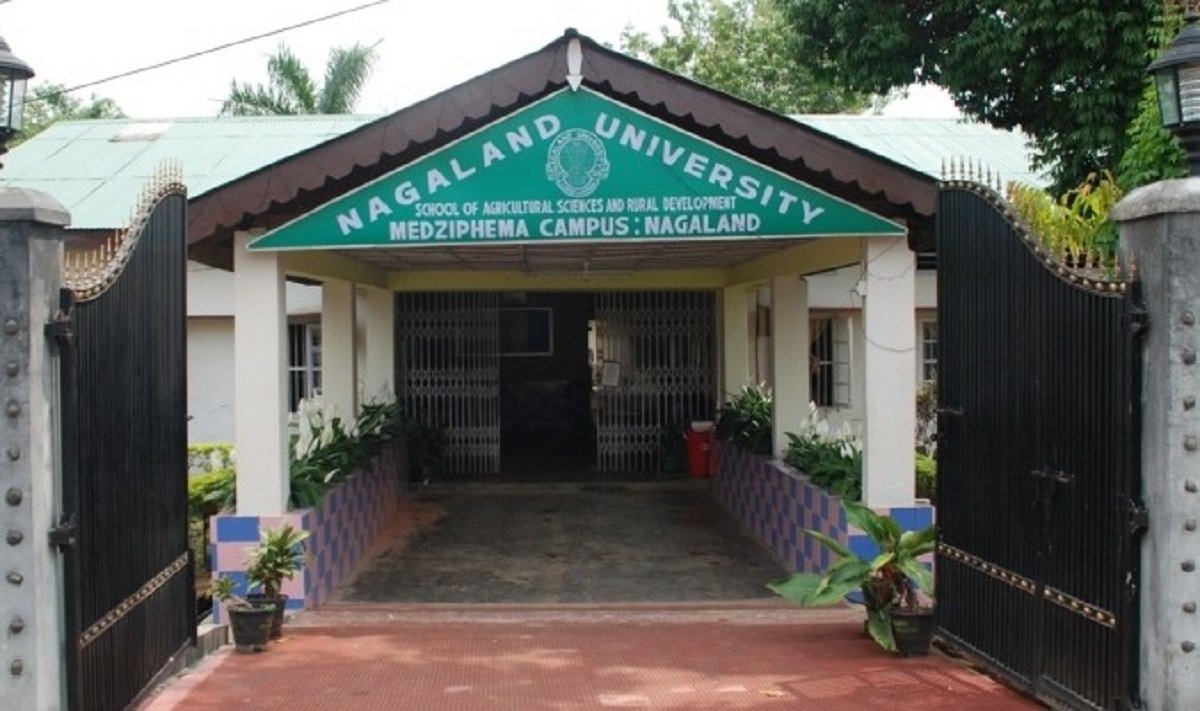The Nagaland government has launched a state-wide initiative to rescue children engaged in begging and enroll them in government schools. The move, led by the Directorate of School Education, is being hailed as a major social reform effort aimed at addressing child exploitation and ensuring a future of dignity and opportunity for marginalized youth. Prompted by a directive from the National Human Rights Commission (NHRC), the Department of School Education issued an advisory on June 17, 2025, mandating strict action to identify children aged 3–14 who are either begging or whose parents are involved in begging activities. The campaign seeks to bring these children into the formal education system and break the generational cycle of poverty and neglect.
Principal Director of School Education, Shashank Pratap Singh, has spearheaded a broad collaboration involving municipal councils, churches, NGOs, student unions, and grassroots organizations. These groups have been tasked with reporting cases to the toll-free Child Helpline number 1098, which will serve as the central point for intervention and referral. The initiative particularly targets two categories of children: those aged 6–14 who have never enrolled in school or dropped out before completing their elementary education, and children aged 3–6 whose parents are engaged in street begging. Authorities say that early intervention during formative years is crucial to creating long-term social and academic stability.
“Education is the most powerful tool we have to uplift our children and protect them from exploitation,” said Singh. “This initiative is not just about enrollment—it’s about giving these children a real chance to grow, to dream, and to become contributing members of society.” Under the guidelines of the Right to Education Act, 2009, District Education Officers, Sub-Divisional Education Officers, and other officials have been instructed to coordinate with District Child Protection Units and Child Welfare Committees to ensure seamless admissions. The government is also looking into providing basic learning materials, uniforms, mid-day meals, and other welfare support to ease the transition for these children.The initiative is already gaining traction in urban pockets such as Dimapur and Kohima, where volunteers and municipal bodies have begun identifying children living on the streets or seen at traffic signals and marketplaces. Community response, particularly from church groups and student volunteers, has been positive, reinforcing Nagaland’s tradition of collective action in the face of social issues.




